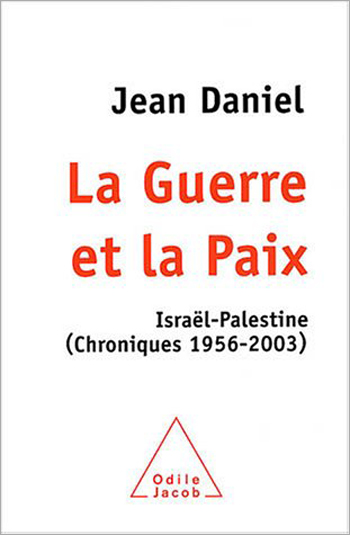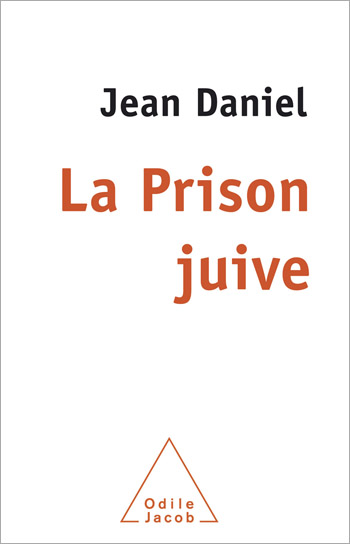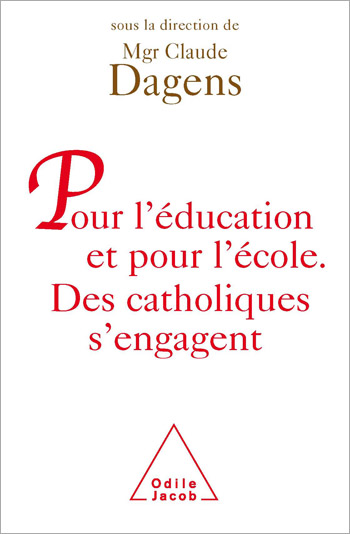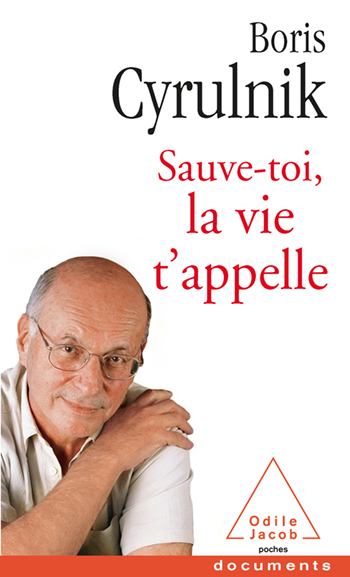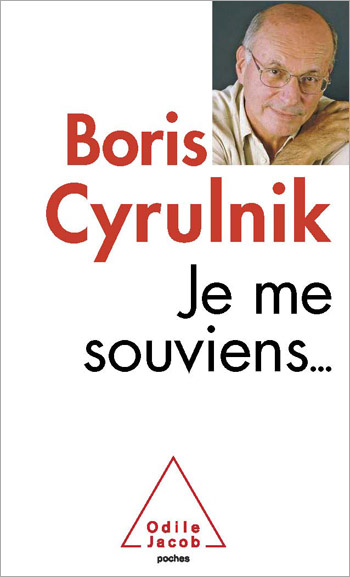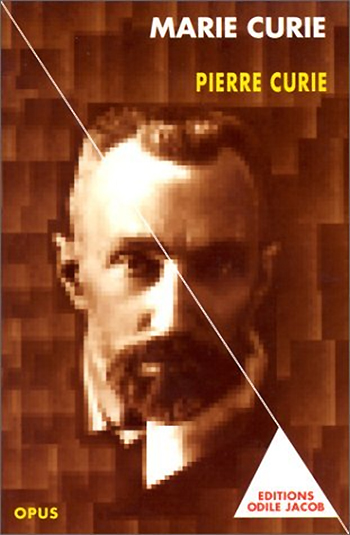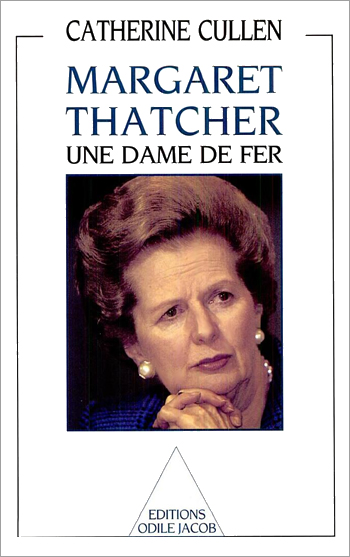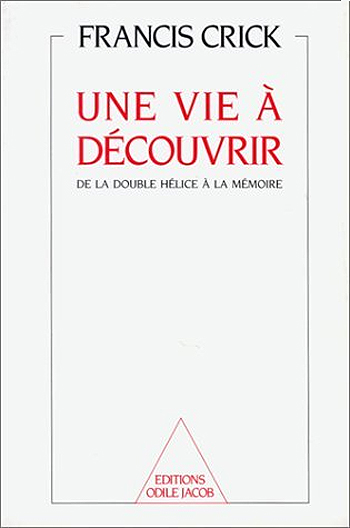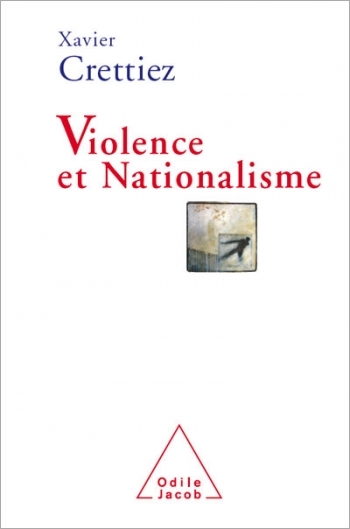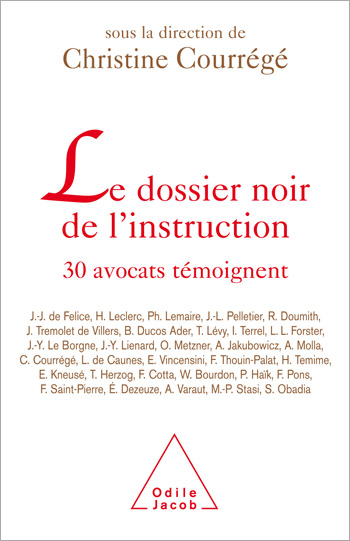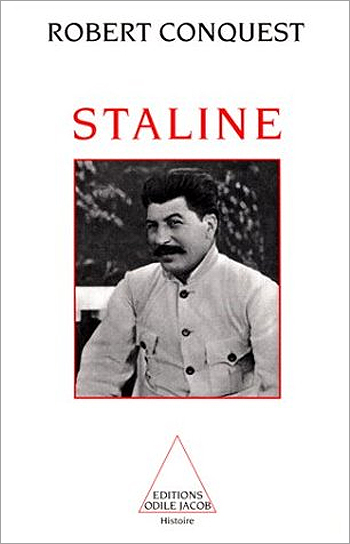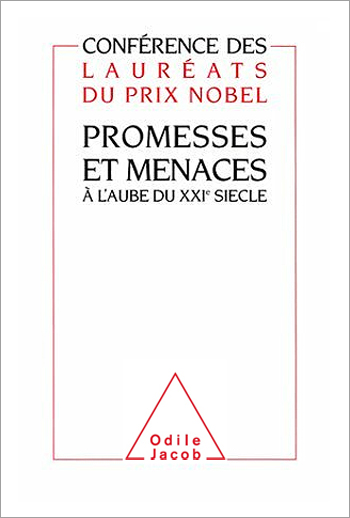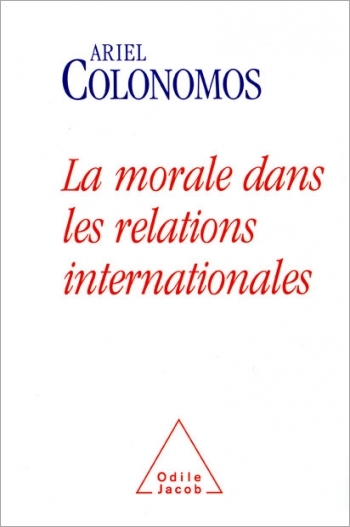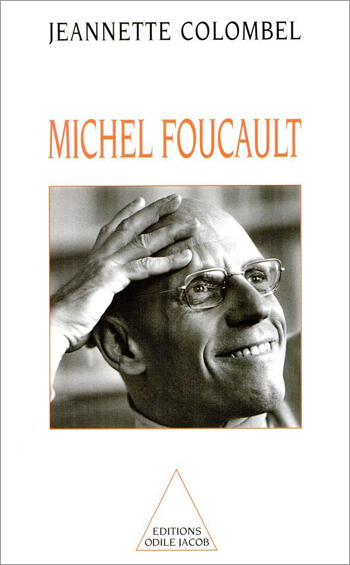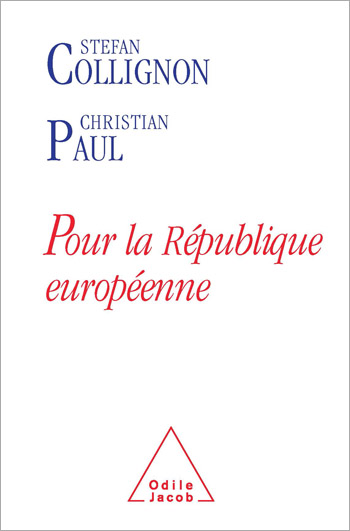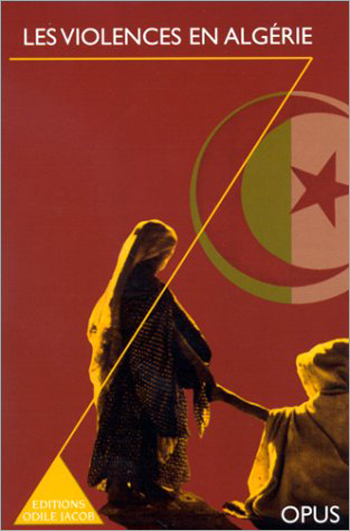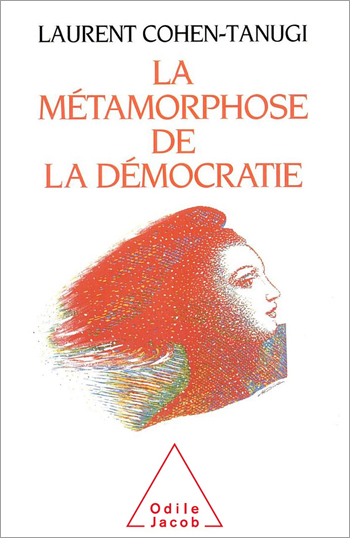Documents All books
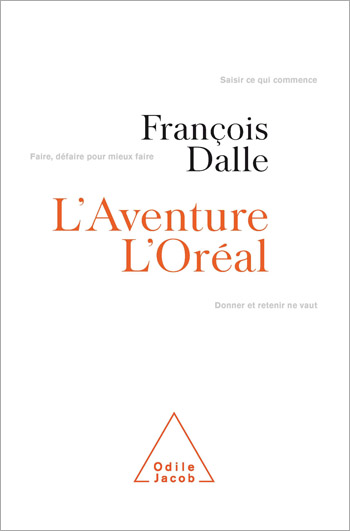
François Dalle
The L'Oréal Adventure
It is difficult to imagine that in 1948 L'Oréal was a small company operating mainly in France and in a few neighbouring countries. Over a period of 35 years, L'Oréal's annual revenue rose from $ 30 million to $ 3 billion. This book shows that money and classical management techniques played a minor role in L'Oréal's growth. For François Dalle the company's success can be explained by the wide acceptance by the staff to what he calls the "spirit of L'Oréal" : this is what enabled L'Oréal to diversify its activities, spread all over Europe, Japan and America and successfully manage the hard times of the 1970s and '80s. François Dalle managed L'Oréal from 1948, at first with Eugène Schueller, then as CEO, a position he held from 1957-1985.
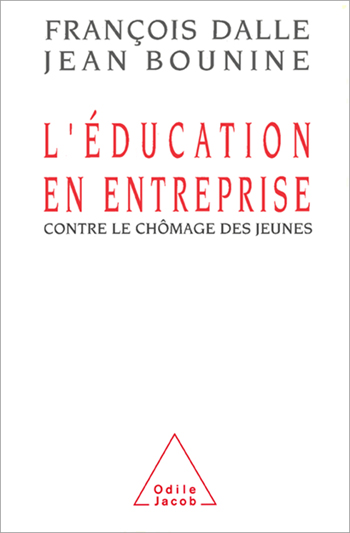
François Dalle, Jean Bounine
Education in Business Against the Unemployment of the Young
Each year in France, 250,000 young people come out of the education system without even a shred of a diploma. The German example and that of Japan shows that the work situation and economic performance are better when schools assure proper instruction and enterprise takes charge of paving the way to employment. François Dalle, President of l'Oréal from 1957 to 1984, and Jean Bounine, advisor to the general directors of this group, are the authors of a 1987 report on employment.
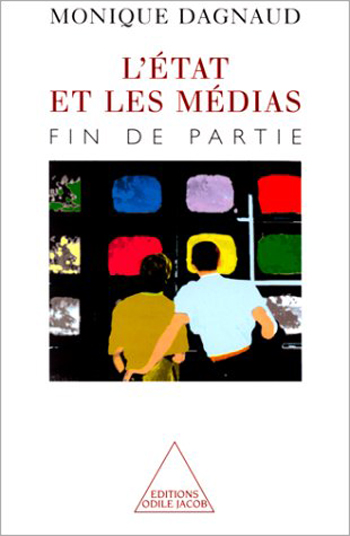
Monique Dagnaud
The State and the Media
Can the control of television broadcasting be justified? Should a broadcasting policy that favours cultural diversity be defended? What are the ties between media bosses and politicians or administrators? Can it be said that the content of programming is governed by an elitist plot? How is French media control different from that of other countries? How did it develop and how can it be applied to on-line media? Is there a French model of broadcasting? How has it evolved? Who will win the battle that is now being waged: the citizens or the giant global groups? Monique Dagnaud is a sociologist
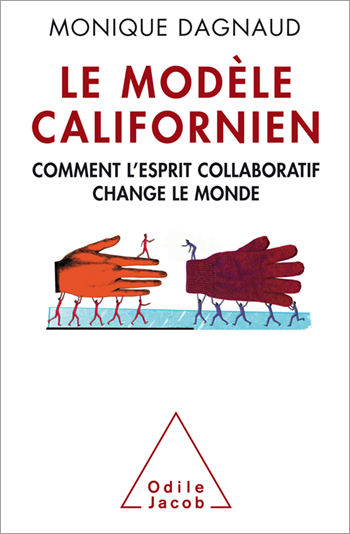
Monique Dagnaud
The Californian Paradigm How the spirit of cooperation can change the world
An original reflexion on California as a new social and political model. A high-quality argument on the possibility of an alternative economy and society that is more cooperative and egalitarian.
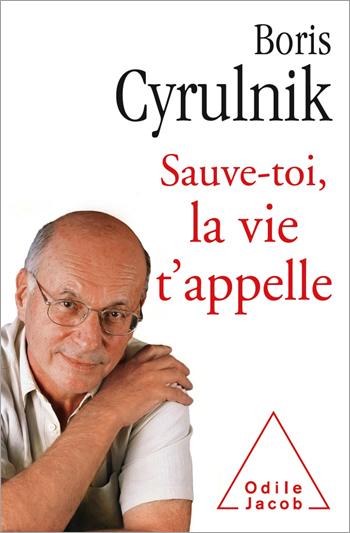
Boris Cyrulnik
A Child in the War: Memoirs
For the first time, Boris Cyrulnik recounts his early years, the war, his life as a hidden child, police roundups and how he found the strength to survive.
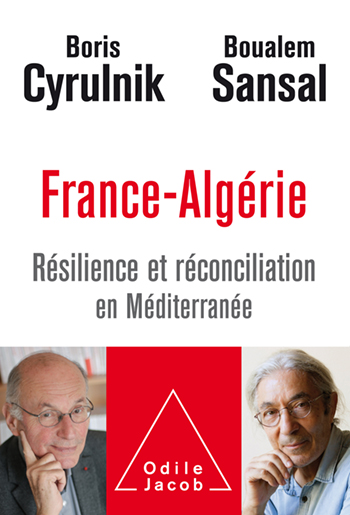
Boris Cyrulnik, Boualem Sansal
Resilience in the Mediterranean
The idea for this book was born out of a routine investigation into the revolution undertaken in February 2019 by young Algerians attempting to oust a corrupt government and replace it with true democracy.
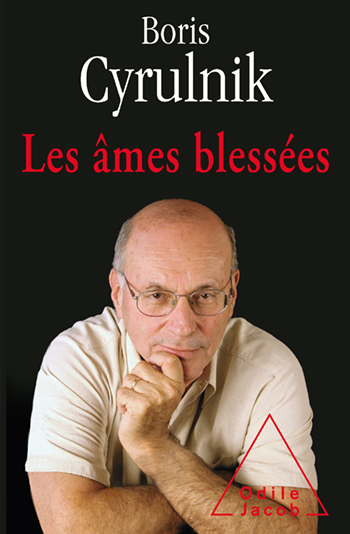
Boris Cyrulnik
wounded souls
Following the immense success of the first volume, Boris Cyrulnik continues his memoirs and offers us an extraordinary life lesson
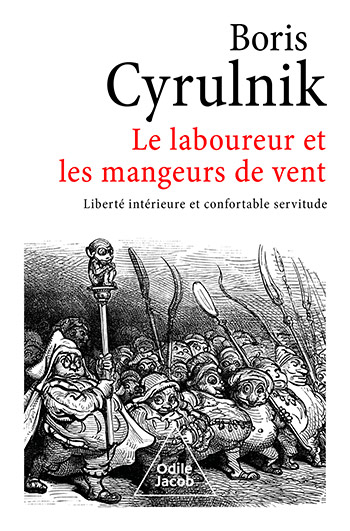
Boris Cyrulnik
The Farmer and the Hot Air-Eaters
“How can we willingly obey, abandon ourselves to rote statements, accepting them as truth, without ever examining them?
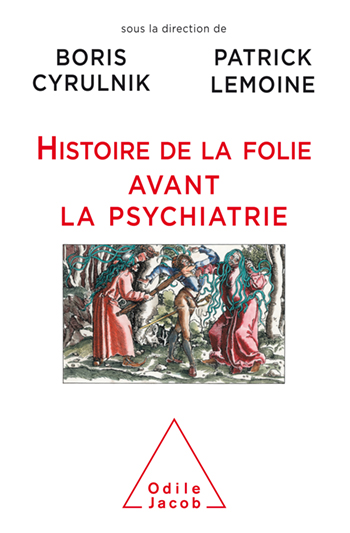
Boris Cyrulnik, Patrick Lemoine
Stories of Madness before Psychiatry
An original reflection on the future of the treatment of psychiatric illnesses based on its past mistakes.
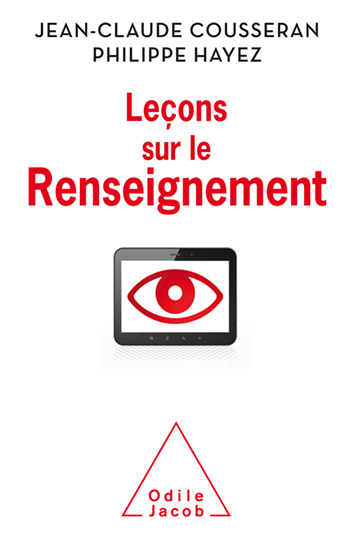
Jean-Claude Cousseran, Philippe Hayez
Intelligence Handbook
For the first time, the real practice of intelligence comes in out of the shadows. Very timely issues, from the international fight against terrorism to cyberthreats and economic intelligence.
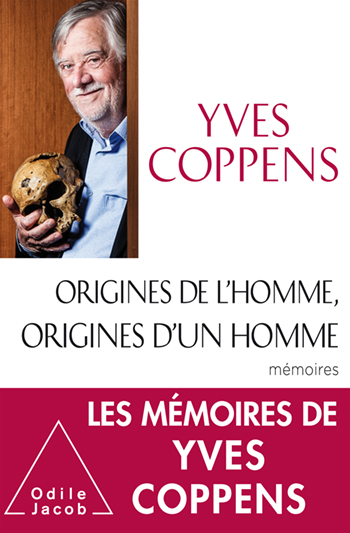
Yves Coppens
Origins of Man: Origins of a Man Memoirs
Richly illustrated, the memoirs of a great paleontologist, a man of exceptional breadth and an indefatigable story-teller, world-renowned prehistorian, and award-winning French scientist. The story of a life dedicated entirely to studying, explaining, reconstituting, understanding, telling about, and conveying the history of human beings, and the mystery of our origins.
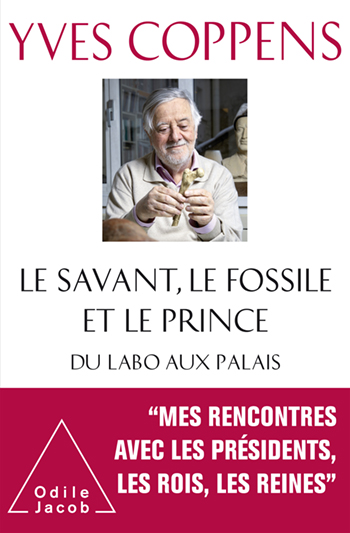
Yves Coppens
The Scholar, the Fossil, and the Prince From the Lab to Palaces
A storyteller with amazing talent, a scientist who is happy to reveal to the greatest of figures other facets of his personality: adventurous, refined, and full of humor.
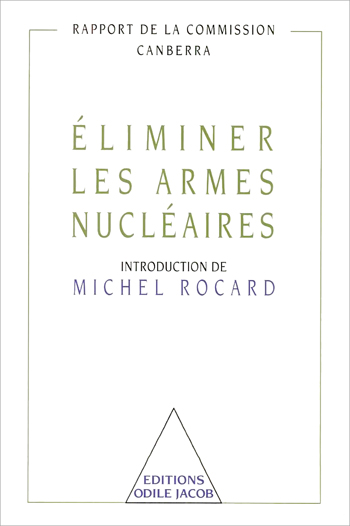
Commission Canberra
Eliminating Nuclear Arms
"Legally, politically and strategically nuclear arms have been reduced to a tiny number of marginal hypotheses and will soon be mere anachronisms. They have lost their justification, their reason for being. But they continue to represent a danger for humanity : they could be used by accident or by mistake due to the mistaken interpretation of another country's attitude. We must therefore do everything in opur power to eliminate them once and for all." Michel Rocard
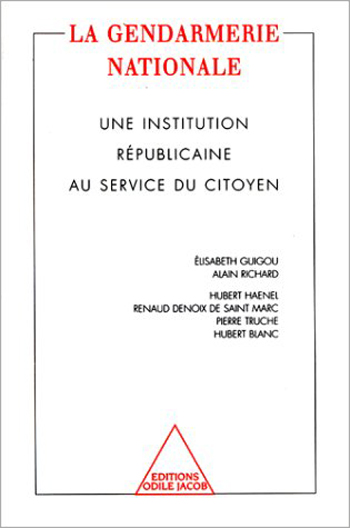
Collectif
The National Gendarmerie A Republican Institution for Civic Service
The national Gendarmerie has passed through eight centuries of history in constantly adapting to the needs of the State and citizens. The changes of political regimes and governments has little by little forged an original military institution, faithful to republican principles. Its specificity lies in the multiplicity of its tasks : defence, judiciary policing, and public security. On October 12th 1999, more than three hundred members of parliament, senior officials, academics, practitioners, researchers and military men were brought together at the Luxembourg Palace. The proceedings of this conference are gathered together in this book for the purpose of helping to trace a vision of the future for tomorrows Gendarmerie.
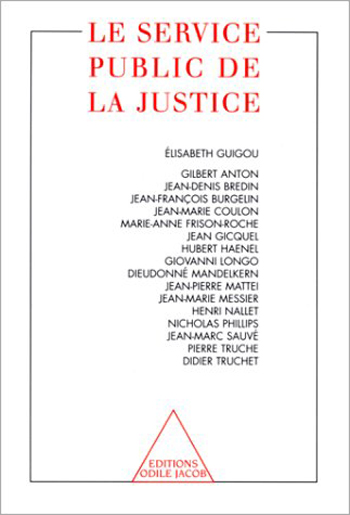
Collectif
The Judicial System as a Public Service
Should the judicial system be reformed ? This question is at the centre of lively debates. It is to institutions such as the chancellery, courts of law and magistrates, that it falls to forge the judicial system, the deliverer of order, equilibrium and social cohesion. However, these institutions seem today to be weak, both in terms of organisation, and in methods of recruitment. It is thus necessary that changes are made. This is especially so as the duty of the judicial system is to operate in such a way that all individuals remain citizens, by delivering them judgements in a reasonable timescale which are certain to be respected. In this respect, it is a public service. The objective of this book is to assess the forms and the effects of a decisive reform in order to benefit our society.

